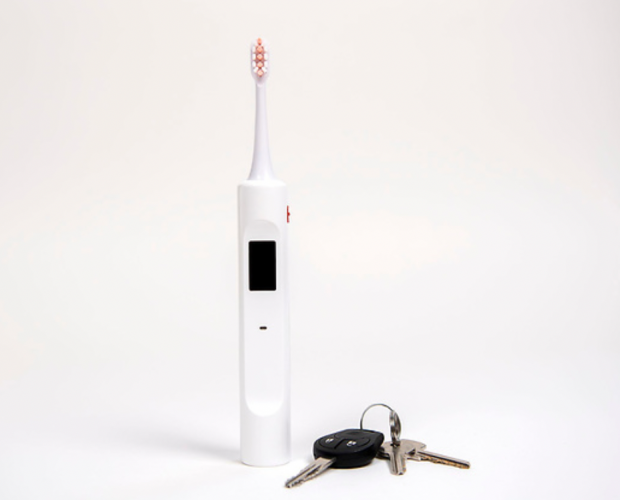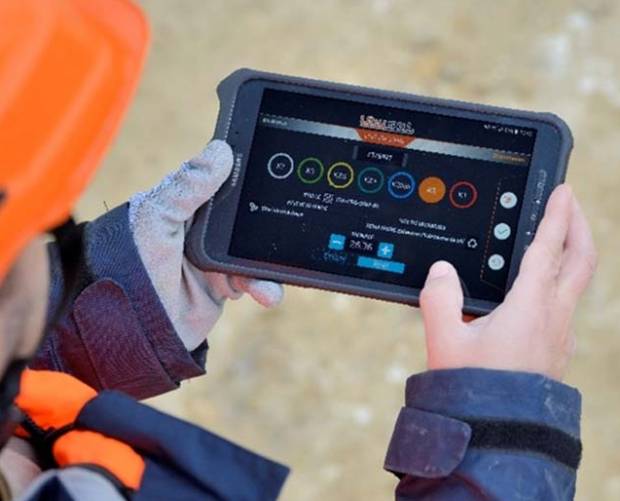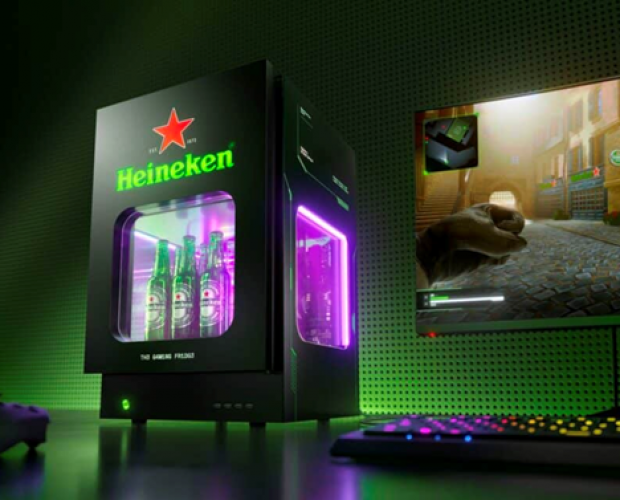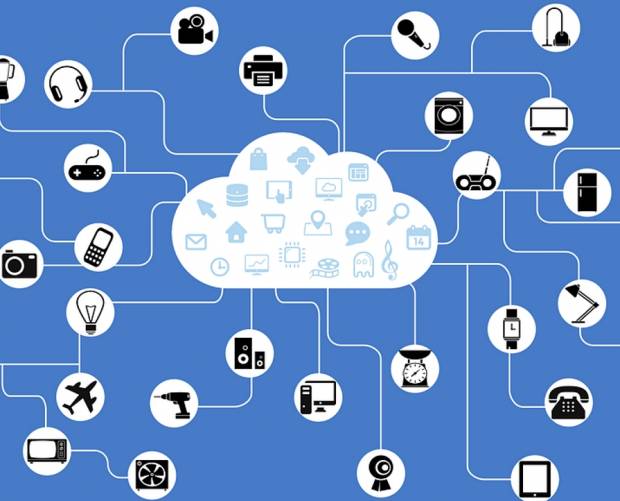Smart Home Revenues to Hit $100bn by 2020
- Tuesday, October 20th, 2015
- Share this article:
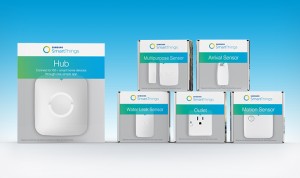 Consumer spending on smart home services and products is likely to reach $100bn (£64.6bn) by 2020, more than doubling the estimated spend for this year of $43bn and demonstrating major growth in the entertainment, health, energy and home automation sectors.
Consumer spending on smart home services and products is likely to reach $100bn (£64.6bn) by 2020, more than doubling the estimated spend for this year of $43bn and demonstrating major growth in the entertainment, health, energy and home automation sectors.
Entertainment services such as Netflix and Spotify are expected to play a key role in boosting the smart home market size, according to Juniper Research, thanks to their universal appeals and low cost. However, segments like home automation are starting to catch up, driven by falling hardware costs and increased consumer awareness.
Junipers new research has found that numerous home automation subscription services, such as AT&Ts Digital Life, have struggled to address the mass market, and incremental unit-by-unit purchases made to personalise the home are most likely to be consumers entry point into the market.
However, some vendors including Alphabet-owned Nest and SmartThings have managed to add subscription services to their hardware sales to generate lifetime value, and as ecosystems become more sophisticated, we may see this model increase in popularity.
“Enabling service to generate recurring revenue on top of smart home hardware will be crucial for realising the projected long-term success of this market,” said Steffen Sorrell, author of the research. “However, tapping the developer community to innovate and address the wider market remains an issue.”
Other key findings from the research suggested that voice control and other hands-free mechanisms will become the principle interface between users and devices in the smart home, with Amazons Echo pointed to as an example of how products will develop, and the use of wearable devices to passively supply data to smart home devices is likely to emerge as a key use case over the next five years.






